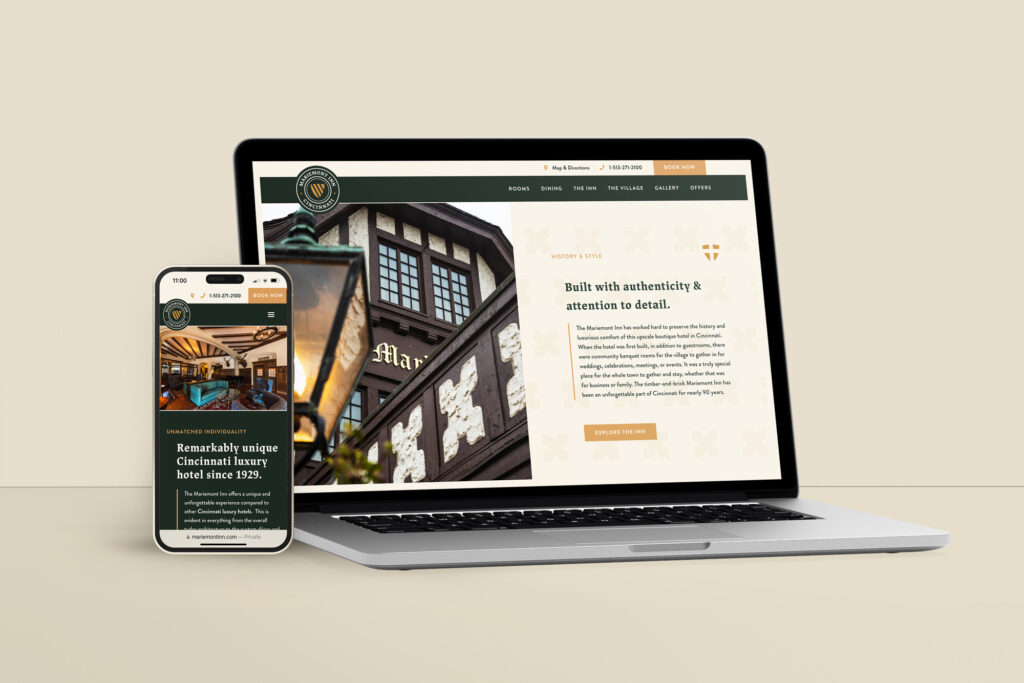So, let’s talk about websites in today’s digital world. You know how frustrating it is when you try to visit a site on your phone, and it’s all wonky and impossible to navigate? That’s where responsive web design comes in. It’s not just a passing fad; it’s essential to usability and an expectation of web users today. In this article, we’re diving into why responsive web design is an absolute must-have for anyone who wants to be successful online.
Why is responsive web design important?
1. Ubiquitous Device Usage:
The surge in the use of smartphones and tablets in recent years has reshaped the way people access the internet. Responsive web design acknowledges and accommodates this shift by ensuring that websites look and function seamlessly on screens of all sizes. With users accessing websites from various devices, a responsive design is not just a luxury; it’s a requirement for staying relevant.
2. Enhanced User Experience:
User experience (UX) is at the forefront of a successful website, and responsive design plays a key role in delivering an optimal UX. A website that adjusts seamlessly to different screen sizes provides users with a consistent and enjoyable experience, fostering engagement and encouraging them to explore your content.
3. Improved SEO Performance:
Search engines have embraced mobile-first indexing, meaning they prioritize the mobile version of a website when determining search rankings. A responsive design ensures a unified URL and consistent content across devices, positively impacting your site’s search engine optimization (SEO) and helping it rank higher in search results.
4. Cost-Effective and Efficient:
Maintaining separate desktop and mobile versions of a website can be resource-intensive and time-consuming. Responsive web design streamlines this process by allowing for a single, flexible design that adapts to different devices. This not only reduces website development and website maintenance costs but also ensures that updates are implemented uniformly across all platforms.
5. Future-Proofing Your Website:
Technology is continually evolving, and new devices with varying screen sizes are regularly introduced to the market. Responsive design is a forward-thinking strategy that anticipates these changes, providing a level of future-proofing for your website. By embracing this approach, your site is more likely to remain relevant and effective as technology advances.
6. Bounce Rate Reduction:
A non-responsive website can frustrate users, leading to a higher bounce rate – the percentage of visitors who navigate away from the site after viewing only one page. A responsive design ensures that users can easily navigate and consume content, reducing bounce rates and increasing the likelihood of converting visitors into customers or subscribers.
7. Brand Credibility and Trust:
A website that looks polished and functions seamlessly across devices reflects positively on your brand. Users are more likely to trust and engage with a site that provides a consistent and user-friendly experience, regardless of the device they are using. Responsive web design contributes to building credibility and fostering trust with your audience.
In conclusion, why should I care about responsive web design?
In the era of diverse digital devices, responsive web design isn’t just a buzzword – it’s a fundamental element of successful online presence. By prioritizing a design that adapts to the needs of users, businesses and individuals alike can create a positive, consistent, and future-ready digital experience. As you embark on your online journey, remember: responsiveness is not just an option; it’s an imperative for increasing conversions and growing your business.




